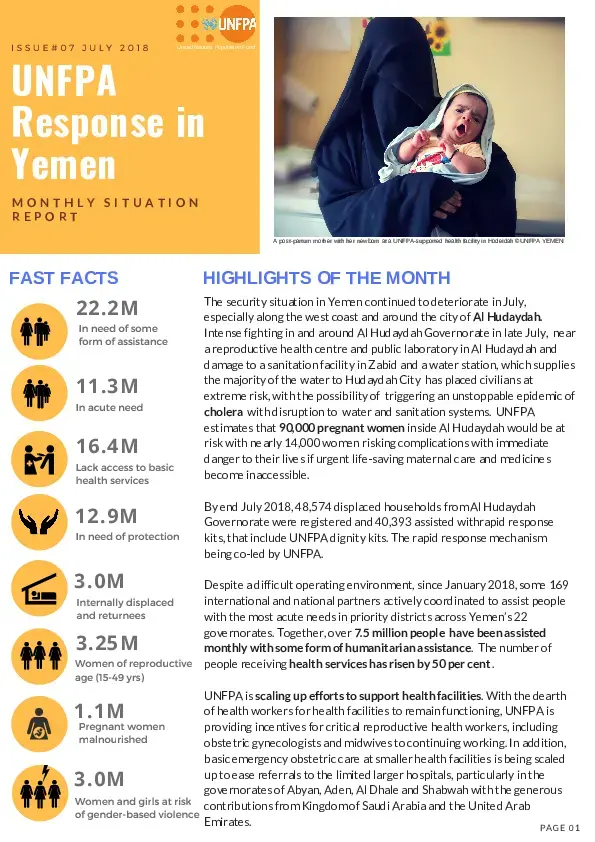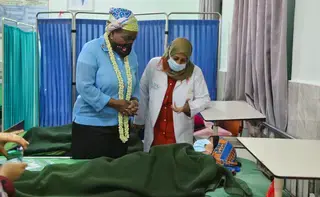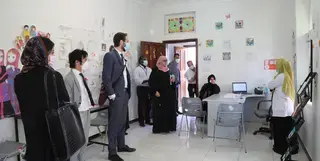The security situation in Yemen continued to deteriorate in July, especially along the west coast and around the city of Al Hudaydah.
Intense fighting in and around Al Hudaydah Governorate in late July, near a reproductive health centre and public laboratory in Al Hudaydah and damage to a sanitation facility in Zabid and a water station, which supplies the majority of the water to Hudaydah City has placed civilians at extreme risk, with the possibility of triggering an unstoppable epidemic of cholera with disruption to water and sanitation systems. UNFPA estimates that 90,000 pregnant women inside Al Hudaydah would be at risk with nearly 14,000 women risking complications with immediate danger to their lives if urgent life-saving maternal care and medicines become inaccessible.
By end July 2018, 48,574 displaced households from Al Hudaydah Governorate were registered and 40,393 assisted with rapid response kits, that include UNFPA dignity kits. The rapid response mechanism being co-led by UNFPA.
Despite a difficult operating environment, since January 2018, some 169 international and national partners actively coordinated to assist people with the most acute needs in priority districts across Yemen’s 22 governorates. Together, over 7.5 million people have been assisted monthly with some form of humanitarian assistance. The number of people receiving health services has risen by 50 per cent .
UNFPA is scaling up efforts to support health facilities. With the dearth of health workers for health facilities to remain functioning, UNFPA is providing incentives for critical reproductive health workers, including obstetric gynecologists and midwives to continuing working. In addition, basic emergency obstetric care at smaller health facilities is being scaled up to ease referrals to the limited larger hospitals, particularly in the governorates of Abyan, Aden, Al Dhale and Shabwah with the generous contributions from the Kingdom of Saudi Arabia and the United Arab Emirates.




